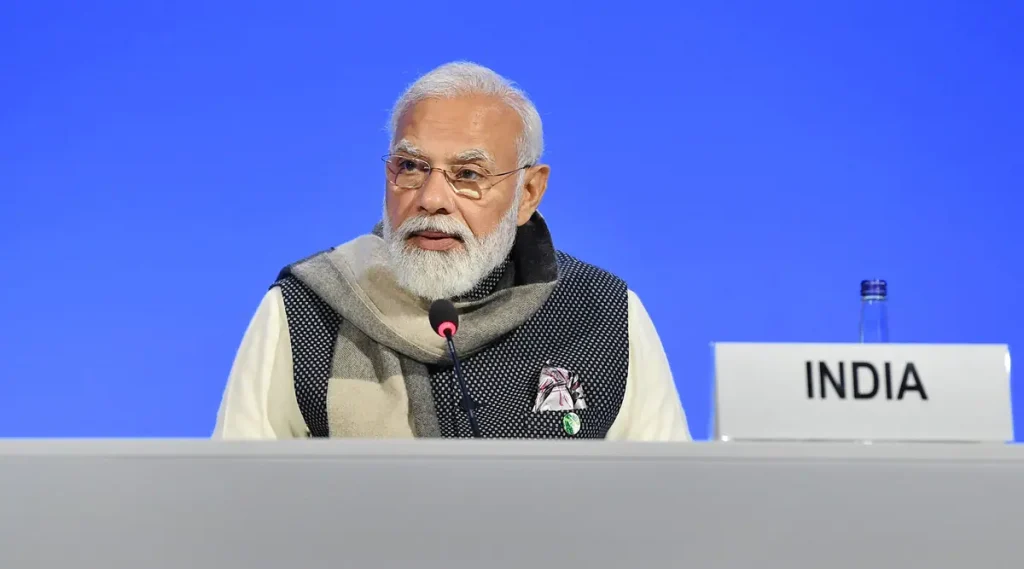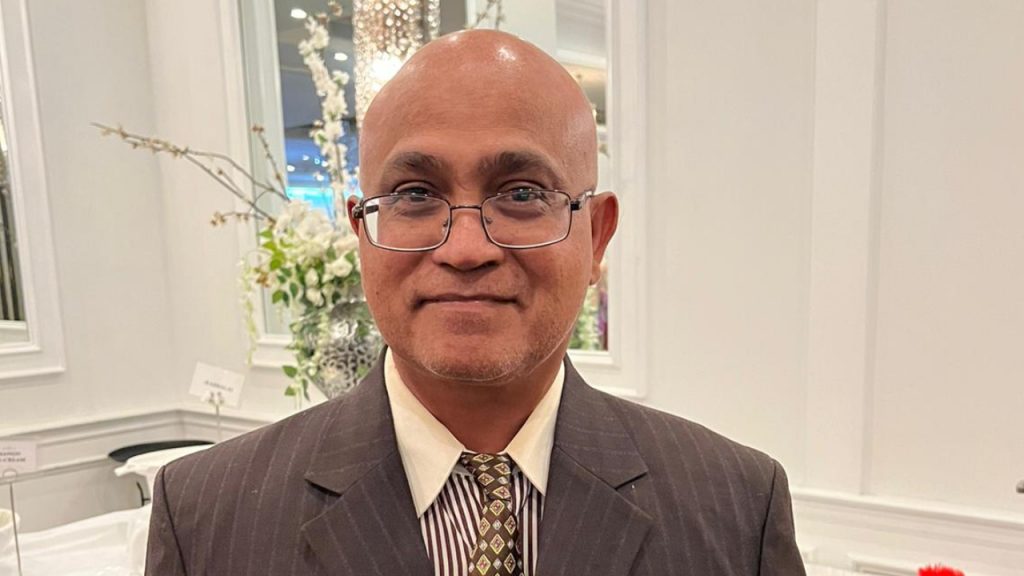India, the world’s most populous country, is playing host to G-20 this year. The summit will be held in Delhi on September 9, 10 with several non-G-20 guests. There will be no guest representative from Caricom although India will champion the interests of Caricom member nations as India often did at international summits. The poor countries like Guyana face many problems particularly funding for sustainable development, infrastructure, education, health, environmental degradation, global warming, rising sea level, and Millenium goals. Rich countries like the G-7 (joined by others at the G-20) must be willing to assist to help find solutions for problems in developing ones like Guyana and other Caricom members.
The G-20 has provided Prime Minister Narendra Modi an opportune stage to showcase India to the world and the country did so to several (Guyanese and other) delegations (Guyanese and others) that visited India. Unfortunately, Guyana with a relatively small economy is not an invitee for G-20, but Guyanese government officials (President, Vice-Pres, Agriculture Minister, Health Minister who is there currently for a Latin-America-Caribbean trade and health conference) made several separate trips to India this year, experiencing preparation for the summit and were consulted on issues of importance to Guyana – such as Climate Change, foreign borrowing, development assistance, Cyber Security, etc. The Indian PM and Foreign Minister Dr. S. Jaishankar, who was in Guyana earlier this year, assured that matters important to Guyana and the developing world will be raised at the summit.
One issue important to Guyana and poor countries is financing for development. Global financial institutions are controlled by the G-7, and the developing economies need greater financial support from these institutions that have placed too stringent conditions on development loans. The G-7 controls some 50% of the world’s GDP and only 10% of the world’s population. India says it wants the G-20 to concentrate on the agenda (of increasing income) of 90% of the world’s population outside the G-7.
The Indian PM said he will urge greater assistance to aid development in the developing world where 80% of the population live. In fact, in his addresses late last June at the White House state visit and to the Joint Session of Congress, Modi said that Africa should have a permanent presence at G-20 through the Secretary General of the OAU to champion Africa’s interests. CARICOM nations also need championing of its needs and interests. India has been generous with developmental aid to Africa and the Caribbean as well as globally contributing more than the G-7 countries. The G-7 should increase assistance to the less wealthy countries rather than leaving it to India, China, and other G-20 members.

The G20 is an annual gathering of the world’s twenty highest GDP economies. It is a spin off from the G-7 (G-8) which itself arouse out of the Tri-Lateral Commission (Europe, North America, and Japan) – the world’s highest seven GDP economies to which was added Russia as a guest following the collapse of the Soviet Union in 1991. China became the world’s second largest economy a few years ago and India the fifth largest economy last year. India was invited to G-7 last year and this year. China also had an invitation in earlier G-7 summits as was Russia. The G-7 and the larger G-20 countries seek solutions to global problems.
The host of G-20 has the authority to issue guest invitations to leaders of other countries and regional groupings. India has invited as guests the leaders of ten countries including Egypt, Nigeria, Singapore, Spain, UAE, Mauritius, Oman, among others. A representative of Caricom (say President Irfaan Ali) or the Secretary General should have also been invited to present the views of small economies burdened by climate change and other problems.
With a handful of countries having only 10 percent of the world’s population controlling the bulk of the wealth and financial institutions and making it difficult to give loans, the poorer countries cannot grow quickly enough to eradicate poverty. Over half the world’s eight billion people live below the poverty line. The gap between the rich and poor countries is not narrowing quickly and too many are struggling in precarious livelihoods in the developing world including in Guyana. Poor countries need an advocate and India is commended for committing to make a case for them.
Modi, as chair of the G-20, has offered a vision to lift and improve the lives of global humanity, particularly the poor. He has been using the Sanskrit term “Vasudhaiva Kutumbakam” (One Earth, One Family, One Future) to promote India’s global agenda – bring all citizens of the world together and make the world better for everyone. This writer made presentations on that theme at conferences organized by NGOs in India in collaboration with the Modi government. The world is interconnected. G-7 members should increase assistance to developing countries.
Yours truly,
Vishnu Bisram
